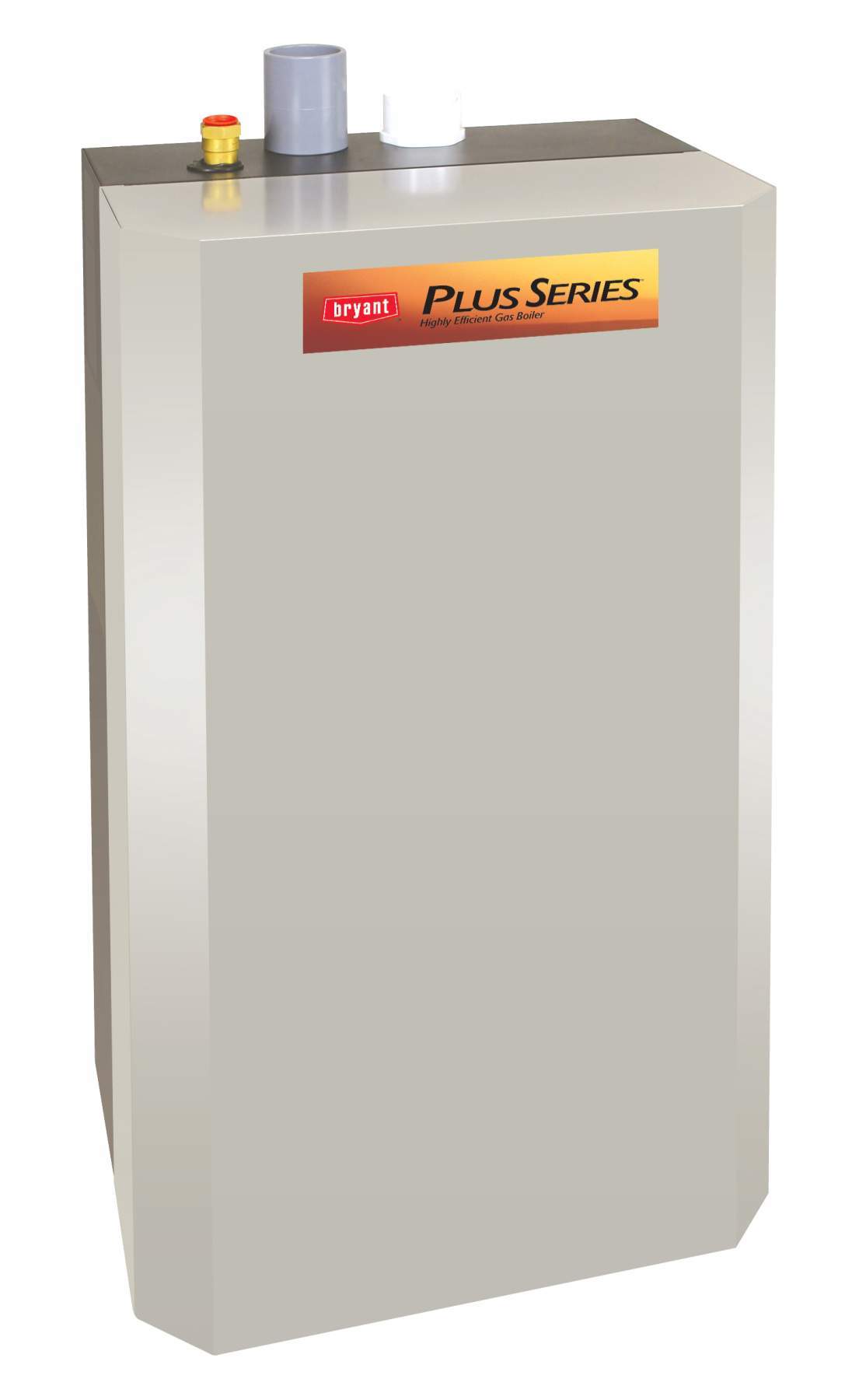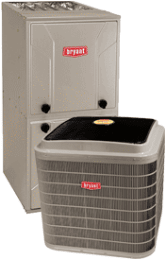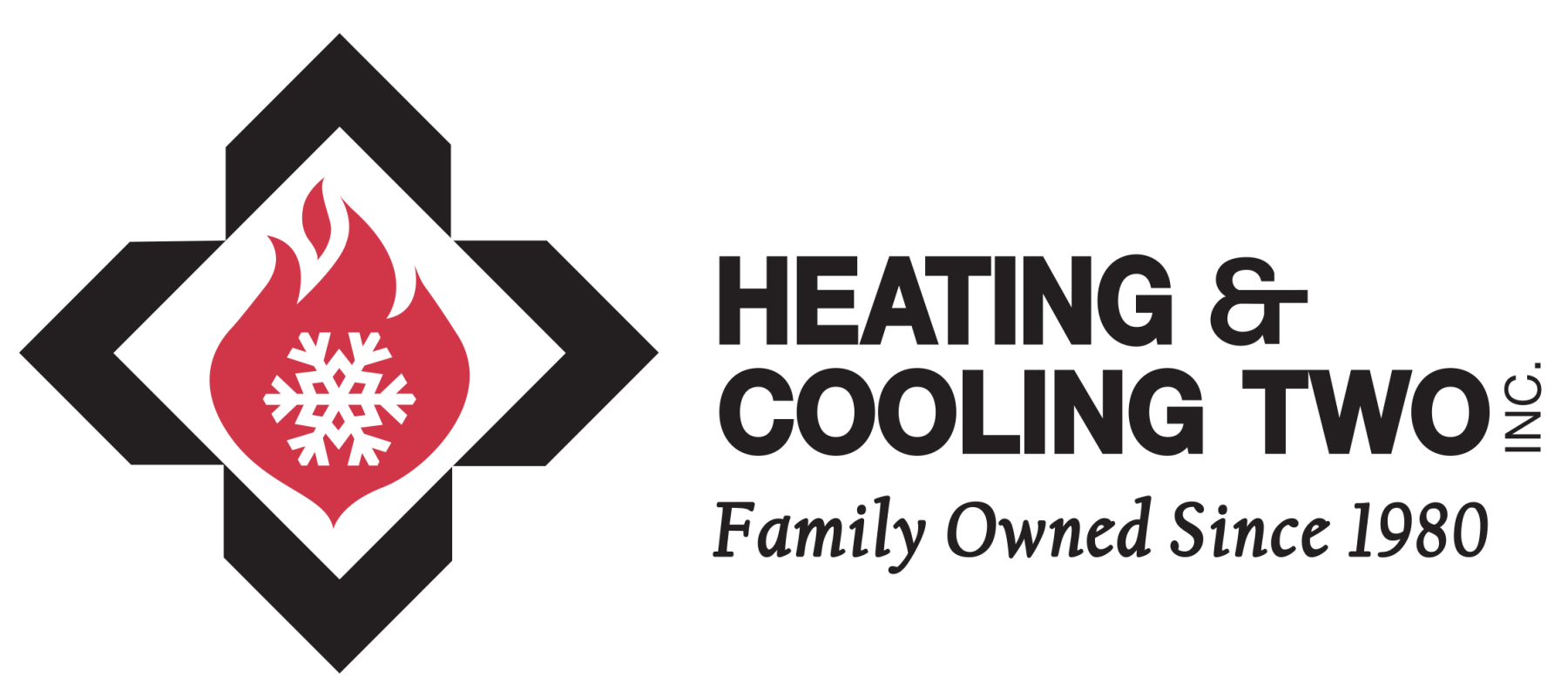Understanding Heat Pump Technology for Edina Homes
Heat pumps represent one of the most versatile and energy-efficient solutions available for maintaining comfortable indoor temperatures throughout the year in Edina, MN. Unlike traditional heating and cooling systems that generate heat through combustion or electrical resistance, heat pumps transfer thermal energy between indoor and outdoor environments. This fundamental difference in operation allows these systems to achieve efficiency ratings of 300% to 400%, meaning they produce three to four units of heating or cooling energy for every unit of electricity consumed. During winter months, heat pumps extract warmth from outdoor air, even when temperatures drop below freezing, and transfer it inside. In summer, the process reverses, removing heat from indoor spaces and expelling it outdoors, functioning like a highly efficient air conditioning system.
The physics behind heat pump operation relies on refrigerant cycling through compression and expansion phases, similar to how your refrigerator operates but with the capability to reverse direction. Modern heat pumps utilize advanced variable-speed compressors that adjust their output based on actual heating or cooling demands, eliminating the energy waste associated with constant on-off cycling found in older systems. For Edina residents, this translates to more consistent indoor temperatures, reduced humidity levels during summer, and significantly lower utility bills compared to traditional furnace and AC combinations.
Climate Considerations and System Selection in Minnesota
Minnesota’s extreme temperature variations present unique challenges that require careful consideration when selecting heat pump systems. While older heat pump models struggled in sub-zero temperatures, current generation cold-climate heat pumps maintain excellent efficiency even when outdoor temperatures plummet to minus twenty degrees Fahrenheit. These advanced systems incorporate features like enhanced vapor injection technology, which maintains heating capacity at low ambient temperatures, and intelligent defrost cycles that prevent ice buildup on outdoor coils without sacrificing indoor comfort. At Heating & Cooling Two, Inc., we analyze specific factors including your home’s insulation levels, square footage, window efficiency, and existing ductwork configuration to determine the optimal heat pump capacity and configuration.
The Minnesota climate actually offers distinct advantages for heat pump operation during shoulder seasons when temperatures hover between forty and sixty degrees. During these periods, heat pumps operate at peak efficiency, often achieving coefficient of performance ratings exceeding 5.0, meaning five units of heat energy delivered for each unit of electricity consumed. We recommend dual-fuel configurations for many Edina homes, combining heat pumps with backup heating sources for those rare occasions when temperatures drop below the heat pump’s optimal operating range. This hybrid approach maximizes energy savings while ensuring reliable comfort regardless of weather conditions.
Installation Process and Technical Requirements
Professional heat pump installation involves multiple critical steps that directly impact system performance, longevity, and efficiency. Our NATE-certified technicians begin with comprehensive load calculations using industry-standard Manual J methodology, accounting for factors including solar heat gain, building orientation, insulation values, and air infiltration rates. This detailed analysis ensures proper equipment sizing, as undersized systems struggle to maintain comfort while oversized units cycle excessively, reducing efficiency and causing uncomfortable temperature fluctuations. First opening our doors in 1980, Heating & Cooling Two, Inc. has refined our installation processes through thousands of successful projects across the Twin Cities metro area, including extensive work in communities from Rogers to Maple Grove.
- Site evaluation and system design: We assess electrical service capacity, evaluate existing ductwork condition, and identify optimal locations for indoor and outdoor units
- Equipment positioning and mounting: Outdoor units require proper clearance from structures and vegetation while indoor components need adequate service access
- Refrigerant line installation: Precise brazing techniques and proper insulation ensure maximum heat transfer efficiency
- Electrical connections: Dedicated circuits with appropriate amperage ratings provide safe, reliable power
- Control system integration: Smart thermostats and zoning controls optimize comfort and efficiency
Maintenance Strategies for Long-Term Performance
Regular maintenance significantly extends heat pump lifespan while maintaining peak operating efficiency. Our comprehensive maintenance programs address both mechanical components and system controls, preventing minor issues from developing into costly repairs. Filter replacement remains the most fundamental yet critical maintenance task, with dirty filters restricting airflow and forcing systems to work harder, increasing energy consumption by up to twenty-five percent. We recommend checking filters monthly and replacing them according to manufacturer specifications, typically every one to three months depending on household factors like pet ownership and occupancy levels.
Professional maintenance visits include refrigerant charge verification, electrical connection inspection, and thorough cleaning of indoor and outdoor coils. Dirty coils reduce heat transfer efficiency dramatically, with even thin dust layers decreasing capacity by fifteen percent or more. Our technicians also verify proper thermostat operation, test safety controls, lubricate moving components, and measure system performance against manufacturer specifications. By identifying potential issues early, we help prevent unexpected breakdowns while ensuring your system operates at maximum efficiency throughout its service life.
Energy Savings and Environmental Benefits
Heat pumps deliver substantial energy savings compared to traditional heating and cooling methods, with typical Edina households reducing annual HVAC energy consumption by thirty to fifty percent after upgrading from older furnace and AC combinations. These savings result from fundamental efficiency advantages, as moving heat requires significantly less energy than creating it through combustion or resistance heating. Modern inverter-driven heat pumps further enhance savings by precisely matching output to heating and cooling demands, eliminating energy waste from oversized equipment cycling. Additionally, heat pumps eliminate direct carbon emissions associated with natural gas combustion, supporting Minnesota’s renewable energy goals as our electrical grid increasingly incorporates wind and solar generation.
Financial incentives make heat pump adoption even more attractive, with federal tax credits covering up to thirty percent of installation costs for qualifying high-efficiency models. Local utility rebates provide additional savings, often totaling several thousand dollars for complete system replacements. Over typical fifteen to twenty year service lives, energy savings combined with available incentives often result in heat pumps delivering lower total ownership costs than traditional systems, even accounting for Minnesota’s relatively low natural gas prices. As a family-owned and operated company that has served the Twin Cities for over four decades, we help customers navigate available incentive programs while providing detailed energy savings projections based on their specific circumstances and usage patterns.




